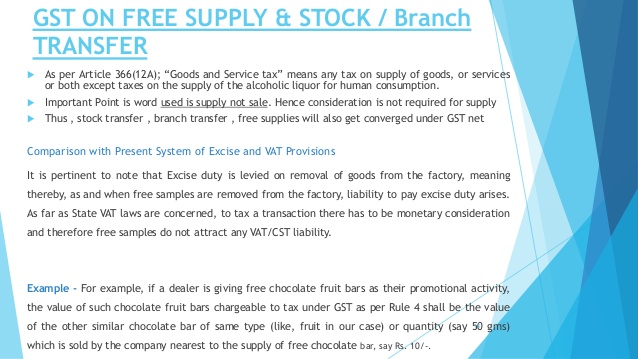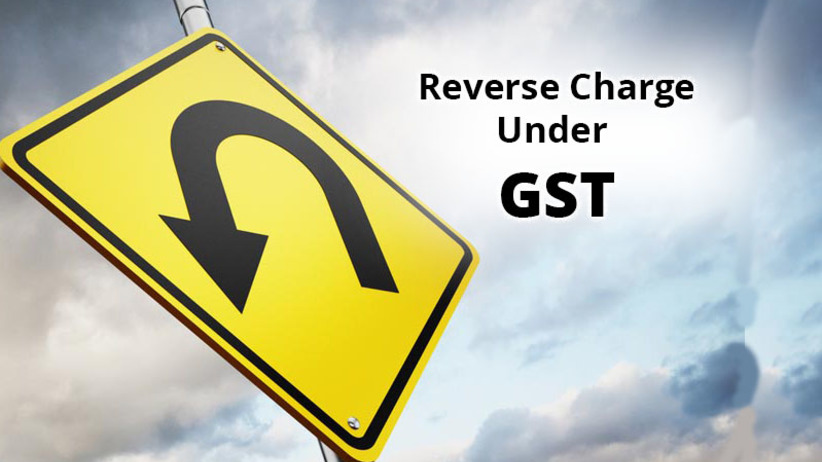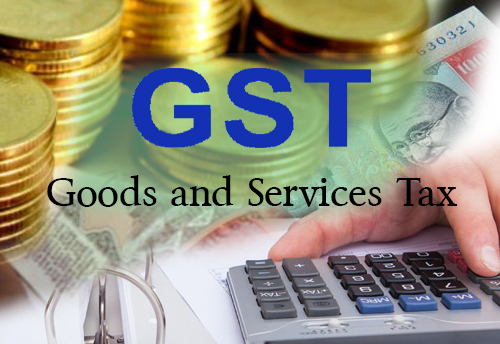Demand and Recovery under GST Act – A Quick Walk Through

Demand and Recovery Under GST Act
Demand and Recovery under GST Act (Model Version) are basically laid down for the department, for providing them a framework in order to raise a demand on non-payment of any tax, interest or penalty and procedure for recovery in case of non-payment by the assessee. Under GST Act, provisions relating to demand and recovery are quite similar to the provisions under Service Tax and Central Excise Act with some new provisions.
DEMAND UNDER GST ACT

- Where any tax has not been paid or short paid or erroneously refunded, or where input tax credit (ITC) has been wrongly availed or utilized for any reason, other than the reason of fraud or any wilful-misstatement or suppression of facts to evade tax, the proper officer shall serve notice on the person chargeable with tax which has not been so paid or which has been so short paid or to whom the refund has erroneously been made, or who has wrongly availed or utilized input tax credit, requiring him to show cause why he should not pay the amount specified in the notice along with interest payable and penalty levy under the provisions of the GST Law or the rules.
- The notice is to be issued within the specified time period (i.e. within three years from the due date or the actual date, whichever is earlier, for filing of annual return of the year of tax not paid or short paid or input tax credit wrongly availed or erroneous refund as per GST) shall contain the details of amount payable as tax, interest and penalty and also the grounds of making such demand.
- The person chargeable with tax may before serving of any notice can pay tax and interest on his own ascertainment and informs the proper officer, if the amount is not short paid then no penalty shall be levied by the proper officer.
- Penalty shall be levied as following levels under GST
i. If the person pays the said amount and interest within 30 days of issue of notice then no penalty shall be levied and all proceeding shall deemed to be concluded.
ii. After the lapse of 30 day time, the proper officer after considering representation can impose a penalty of not exceeding 10% of tax amount or ten thousand rupees whichever is higher on such person.
- Where any tax has not been paid or short paid or erroneously refunded, or where input tax credit has been wrongly availed or utilized for any reason, by reason of fraud or any wilful-misstatement or suppression of facts to evade tax, the proper officer, as per rules laid down under GST Law, shall serve notice on the person chargeable with tax which has not been so paid or which has been so short paid or to whom the refund has erroneously been made, or who has wrongly availed or utilized input tax credit, requiring him to show cause why he should not pay the amount specified in the notice along with interest payable and penalty levy under the provisions of the GST Law or the rules.
Issue of Notice under GST Act
- The notice is to be issued within the specified time period (i.e. within five years from the due date or the actual date, whichever is earlier, for filing of annual return of the year of tax not paid or short paid or input tax credit wrongly availed or erroneous refund as per GST Law) shall contains the details of amount payable as tax, interest and penalty and also the grounds of making such demand.
- The person chargeable with tax may before serving of any notice can pay tax and interest and penalty equivalent to fifteen per cent of such tax on his own ascertainment and informs the proper officer.
- Penalty shall be levied as following levels under GST
i. If the person pays the said amount, interest and penalty equivalent to 25% of such tax within 30 days of issue of notice then all proceeding shall deemed to be concluded.
ii. If the person pay the said amount, interest and penalty equivalent to 50% of such tax within 30 days of communication of order then all proceeding shall deemed to be concluded.
iii. Otherwise penalty will be equivalent to 100% of such tax or ten thousand rupees whichever is higher.
4. Where any Appellate Authority, Tribunal or Court concludes that the notice issued for wilful misstatement or suppression of facts to evade the tax is not sustainable and such this is not established against the person to whom the notice was issued, then the proper officer shall determine the tax payable by such person as if the notice was issued under (1) above
3) Every person who has collected from any other person any amount representing as tax under this Act, shall deposit the said amount to the credit of Central or State Government, regardless of whether the supplies in respect of which such amount collected is taxable or not.
- Where such amount is not credited to the credit of Central or State Government, the proper officer may serve a show cause notice upon such person, why the said amount in the notice should not be paid by him to the credit of Central or state Government and why penalty equivalent to same amount should not be imposed on him under this Act.
- Such person is also required to pay interest on such amount at the rate specified under section 36 from the date of collection of such amount till the date such amount is paid to the credit of Central or State government.
- The proper officer shall issue an order within one year from the issue of such notice.
- The amount so paid to the credit of Central or State Government shall be adjusted against service tax payable in relation to the services supplied on which such amount was collected. The remaining amount shall either be credited to the fund or refunded to the person who has borne the incidence of such amount.
- A Taxable person who has paid CGST/SGST (in SGST Act) on a transaction considered by him to be an intra-state supply, but which is subsequently held to be an inter-state supply, shall, upon payment of IGST, be allowed to take the amount of CGST /SGST (in SGST Act) so paid as refund subject to the conditions specified.
Some general provisions relating to demand of Tax
- Where service of any notice or issuance of any notice is stayed by any order court or tribunal, the period of such stay shall be exclude while computing the one year, three year or five year period.
- An opportunity of personal hearing shall be granted where the request in writing is received from the person to whom the notice was issued. Adjournment can be granted after recording reasons in writing but no such adjournment shall be granted more than three times to a person during the proceedings.
- The amount of tax, interest and penalty demanded shall not exceeds the amount specified in the notice issued.
- Where the Appellate Authority, Tribunal or Court modifies the amount of tax determined by the proper Officer, the amount of interest and penalty shall modify accordingly.


 Sales Tax For E-Commerce: 3 Things Small Businesses Should Know
Sales Tax For E-Commerce: 3 Things Small Businesses Should Know  What Is The GST Liability on Free Supply of Goods and Services?
What Is The GST Liability on Free Supply of Goods and Services?  Some FAQs about GST- Understanding Scope and Provisions of GST
Some FAQs about GST- Understanding Scope and Provisions of GST  Understanding the Reverse Charge mechanism under GST and IGST?
Understanding the Reverse Charge mechanism under GST and IGST?  Pros and Cons of GST- Is Ushering in of GST worth Celebrating as media wants us to believe?
Pros and Cons of GST- Is Ushering in of GST worth Celebrating as media wants us to believe?  Arrests and Detention Provisions under GST in Detail- Are these justified
Arrests and Detention Provisions under GST in Detail- Are these justified  ITAT Amritsar: No Section 269SS Violation for One-Time Cash Payment Before Sub-Registrar
ITAT Amritsar: No Section 269SS Violation for One-Time Cash Payment Before Sub-Registrar  Tax Officials Unleash Digital Dragnet: How New Raid Powers Redefine Privacy, Property Rights in India and likely to Fuel Corruption
Tax Officials Unleash Digital Dragnet: How New Raid Powers Redefine Privacy, Property Rights in India and likely to Fuel Corruption  Income Tax Department Rewards for Reporting Tax Evasion: A Comprehensive Guide
Income Tax Department Rewards for Reporting Tax Evasion: A Comprehensive Guide  Forfeiture of Gratuity by Employer- What are the Remedies for an employee- Can employer be challenged?
Forfeiture of Gratuity by Employer- What are the Remedies for an employee- Can employer be challenged?